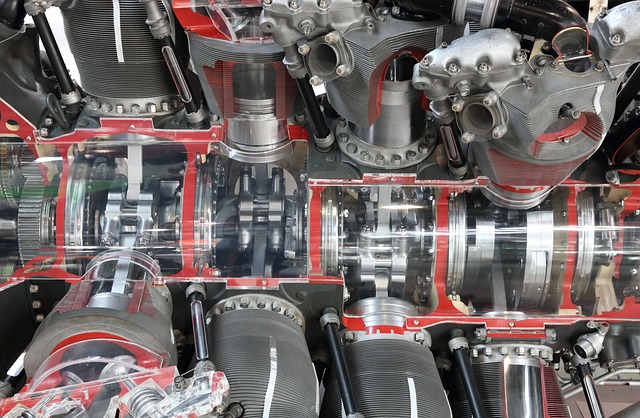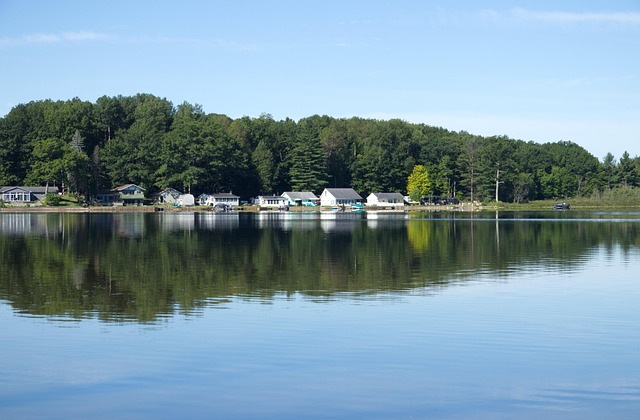
Marine Ecosystems
Understanding Marine Ecosystems
Marine ecosystems are the largest of Earth's aquatic ecosystems, covering more than 70% of the planet's surface. These ecosystems play a crucial role in maintaining the health of our planet, providing essential services, and supporting a vast array of life forms. With over 97% of Earth's water supply contained in the oceans, the significance of marine ecosystems cannot be overstated.
Components of Marine Ecosystems
Marine ecosystems can be categorized into various zones based on factors such as water depth, light availability, and proximity to shore. The primary zones include:
- Intertidal Zone: This area is where the ocean meets the land, characterized by fluctuating conditions due to tides. Organisms here must adapt to both aquatic and terrestrial environments.
- Neritic Zone: Extending from the intertidal zone to the continental shelf, this zone is rich in nutrients and supports a diverse range of marine life, including coral reefs and various fish species.
- Oceanic Zone: This vast open water area is home to larger marine animals such as whales, sharks, and tuna. It is less productive than the neritic zone but is crucial for the migration and breeding of many species.
- Benthic Zone: The ocean floor, where organisms like starfish and crabs reside. This zone is vital for nutrient recycling and supports unique ecosystems, particularly around hydrothermal vents.
Biodiversity in Marine Ecosystems
The biodiversity found in marine ecosystems is staggering. From microscopic plankton to the largest mammals on Earth, the variety of life forms contributes to the resilience and stability of these ecosystems. Coral reefs, often referred to as the "rainforests of the sea," are among the most diverse ecosystems, housing thousands of species. However, this biodiversity is under threat from various human activities.
Human Impact on Marine Ecosystems
Human activities pose significant threats to the stability and health of marine ecosystems. Some of the most pressing issues include:
- Pollution: Chemicals, plastics, and waste materials enter the oceans, harming marine life and disrupting ecosystems.
- Overfishing: Unsustainable fishing practices deplete fish populations and disrupt food chains, leading to ecological imbalances.
- Climate Change: Rising sea temperatures and ocean acidification affect marine species and habitats, particularly coral reefs.
- Habitat Destruction: Coastal development and destructive fishing methods damage critical habitats such as mangroves and seagrasses.
Conservation Efforts
Efforts to protect marine ecosystems are increasingly vital. Conservation strategies include establishing marine protected areas (MPAs), promoting sustainable fishing practices, and reducing pollution through better waste management. Public awareness and education about the importance of marine ecosystems can also drive change and encourage responsible behavior.
Conclusion
Marine ecosystems are essential to the health of our planet and the well-being of future generations. Understanding their complexity and the threats they face is crucial for effective conservation. By taking action now, we can help preserve these vital ecosystems for years to come.

















 Sailor Moon Tea Ceremony Episode Overview
Sailor Moon Tea Ceremony Episode Overview 
 Health
Health  Fitness
Fitness  Lifestyle
Lifestyle  Tech
Tech  Travel
Travel  Food
Food  Education
Education  Parenting
Parenting  Career & Work
Career & Work  Hobbies
Hobbies  Wellness
Wellness  Beauty
Beauty  Cars
Cars  Art
Art  Science
Science  Culture
Culture  Books
Books  Music
Music  Movies
Movies  Gaming
Gaming  Sports
Sports  Nature
Nature  Home & Garden
Home & Garden  Business & Finance
Business & Finance  Relationships
Relationships  Pets
Pets  Shopping
Shopping  Mindset & Inspiration
Mindset & Inspiration  Environment
Environment  Gadgets
Gadgets  Politics
Politics 